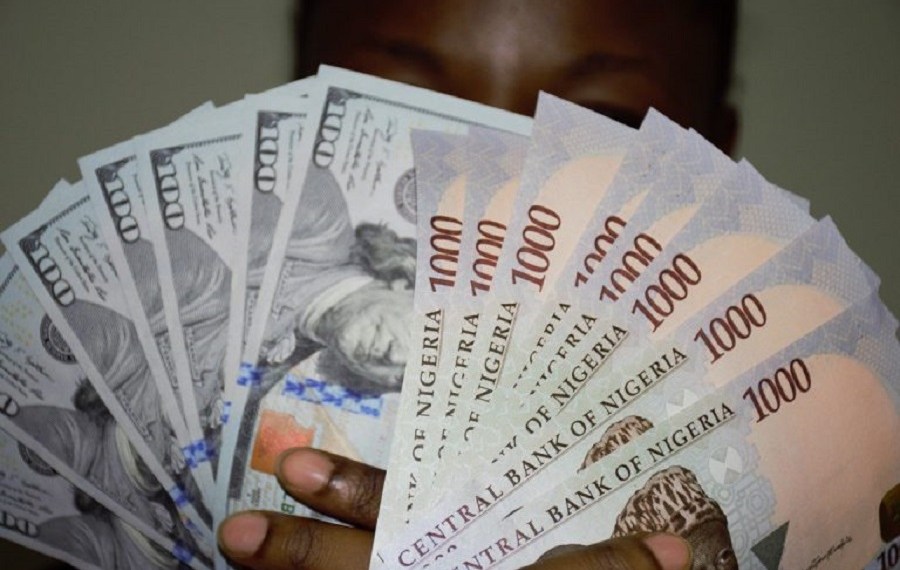
Aboki Naira To Dollar Black Market Rate Today 1st October 2024
The black market, often referred to as the parallel market in Nigeria, has experienced significant movement in the exchange rates between the Naira and the U.S. Dollar as of Tuesday, October 1, 2024.
According to sources directly from Bureau De Change (BDC) operators and market observers across major cities like Lagos, Abuja, and Kano, the Naira’s value against the Dollar has seen both highs and lows, reflecting the volatile nature of the informal currency exchange sector.
Trending Now!!:
Market Rates
- Buying Rate: BDCs are purchasing dollars at approximately ₦1,695 per dollar.
- Selling Rate: The selling rate for the dollar was noted at around ₦1,700 per dollar.
This indicates a relatively stable yet slightly depreciated Naira when compared to recent historical data, showcasing the currency’s ongoing struggle against the dollar in the unregulated market. The black market rates, which are often higher than the official Central Bank of Nigeria (CBN) rates, reflect the demand and supply dynamics influenced by numerous factors, including economic policies, oil revenues, and foreign exchange controls.
The disparity between the official and black market rates remains a focal point for economic analysts and policymakers. The CBN manages the official rate, which has been pressured to converge with the black market rate to reduce arbitrage opportunities and curb the proliferation of illegal forex trading. However, the difference remains significant, with the black market often reflecting the true market sentiment due to its sensitivity to local economic conditions.
Market participants expressed mixed feelings about the current rates. Some traders believe that the recent adjustments in government policy towards a more flexible exchange rate regime might eventually narrow the gap between official and black market rates. Others remain sceptical, pointing to underlying issues like dollar scarcity, corruption, and the informal sector’s resilience against formal regulatory measures.
For the average Nigerian, the fluctuating exchange rate substantially impacts daily life. It affects the cost of imports, including essential goods like fuel, influencing inflation rates. The black market rate often dictates the prices for many goods in local markets, leading to a cost-of-living crisis for many citizens.
The Central Bank of Nigeria has been vocal about its efforts to stabilize the Naira through various interventions, including introducing new currency notes to reduce the amount of cash outside the banking system. However, these efforts have met with mixed success, with the black market remaining a robust indicator of the Naira’s health against international currencies.
As Nigeria navigates through these economic waters, the focus remains on how sustainable the current black market rates are and what measures could effectively bridge the gap between unofficial and official exchange rates. The ongoing dialogue between economic policies, market dynamics, and public sentiment will continue to shape the Naira’s journey against the Dollar.


